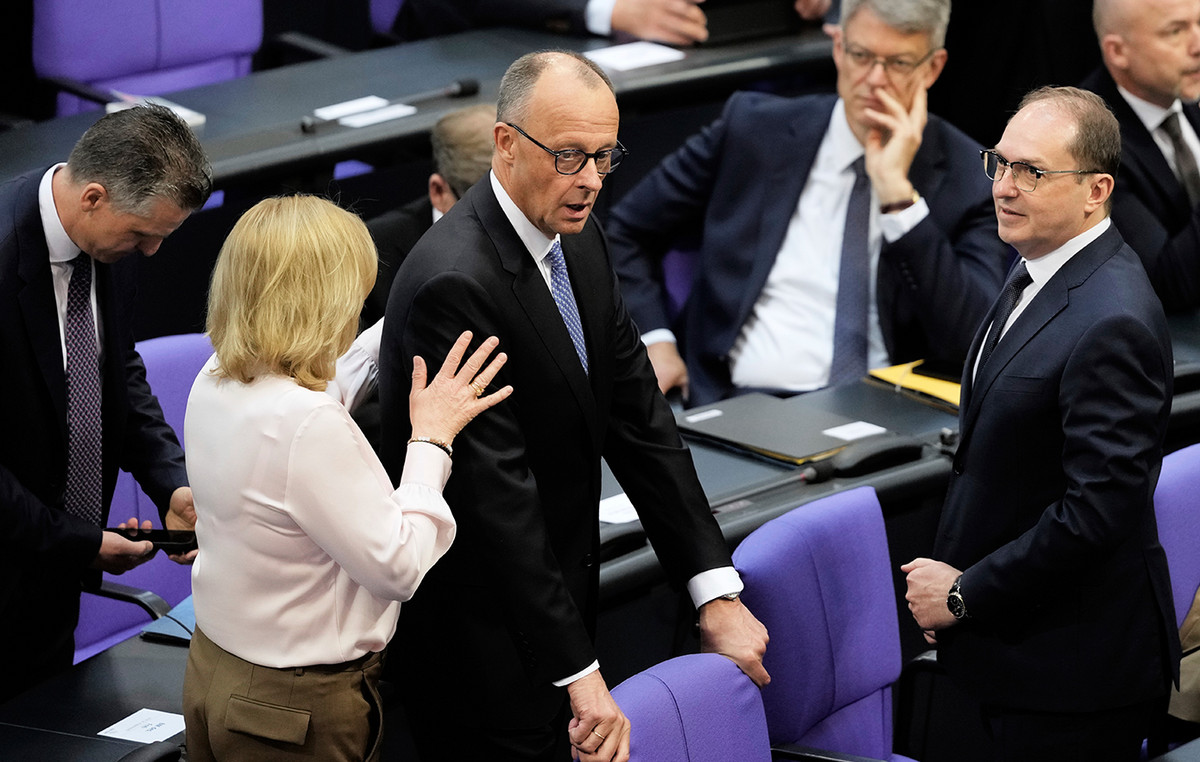The end of the first round of this year’s elections brought relief to the financial market Brazilian market, which was reflected in the 5.54% increase in the Ibovespa this Monday (3), which closed the trading session quoted at 116,134 points. Experts told the CNN Brasil Business that investors welcomed the previous day’s election results, especially the formation of a Congress more conservative that can counterbalance possible measures that would be considered harmful to the economy.
For Rafaela Vitória, Inter’s chief economist, a tighter dispute in the second round can make the candidates start to present the country’s economic agenda more clearly, something that the market has been paying close attention to.
“The markets have a very positive reaction after the election results, both due to the fiercer dispute and the center-right congress. Among the assets that appreciated throughout the day, fixed income stands out, with a significant drop in nominal interest and also in real interest, including the longer rates”, said the economist.
“The fiercer dispute should bring candidates closer to the center with more moderate policies, maintaining the fiscal framework, albeit with some flexibility, which may allow the consolidation of the downward trend in inflation and, consequently, a drop in interest rates”, added.
Alexandre Espírito Santo, chief economist at Órama, highlighted the optimism of the market after the polls attested to a different scenario from what was predicted by the research institutes.
“The market is making a very adequate reading of yesterday in my opinion, even due to the expectations of research institutes, which ended up not being confirmed. A fact that impressed was the strength of the bench related to Bolsonarism, with more than 100 deputies from the PL and others from right-wing parties. This led to market sentiment that, even if Lula confirms favoritism and wins, it will be difficult to pass measures that would be bad for the economy”, he pointed out.
Other factors that contributed to the willingness to risk this Monday are the to be discounted and the reading of the Focus Bulletin, which brought another reduction to the IPCA for 2022 and a greater expectation of growth of the Brazilian GDP for this year, which went from 2.67% to 2.70%, and for 2023, which rose from 0.5% to 0.53%.
“These are factors that contribute to the optimism of the market in today’s trading session, in line with the feeling that the elected Congress can be positive in the two scenarios of victory in the second round of the presidential election”, he added.
Espírito Santo said he believes that the infrastructure sector should benefit the most at the moment, as whatever the next government is, it should pay special attention to the works that need to be done. Sabesp was the biggest beneficiary of the surprises in this trading session, closing with a rise of 16.94% after ex-minister Tarcísio de Freitas (Republicans) ousted Rodrigo Garcia (PSDB) and was ahead of Fernando Haddad (PT) in the dispute for State of Sao Paulo.
The view that more conservative parliamentarians elected, in contrast to what the polls indicated, had a positive effect is also supported by Pedro Serra, head of research at Ativa Investimentos. In addition, he believes that this removes the risk of a shift in the economic agenda, bringing relief to investors.
“The result of the tighter-than-expected first round increases the possibility of reelection of the president or of a more central Lula, which could bring a more responsible economic team to the fiscal issue, such as Meirelles, for example, and even being able to announce its economic team before October 30th”, he said.
“In general, as we have already said, the election event, by itself, was what weighed the most on the stock market. With a tighter first round and a legislature that can bring more balance in an eventual victory for Lula, the greatest risks to the economic agenda are removed. We expect then that the perception of risk will reduce significantly and the stock market may experience a relevant rally in the coming days”, he added.
Samar Maziad, vice president and senior analyst at Moody’s Investors Service, believes there will be a tighter-than-expected race for the presidency in the second round, and a very fragmented Congress has been formed to advance the policy reform agenda. .
“In our opinion, the resumption of structural reforms will be essential to support higher growth in the medium term and facilitate fiscal consolidation efforts, especially in a context of high interest rates in the country. Maintaining the credibility of the fiscal framework in Brazil will also be essential to support the sovereign credit profile.”
Finally, XP’s policy, economics and strategy analysis teams made the caveat that from an economic policy point of view, the first round did not bring much news, although it did boost the stock market.
“Both President Bolsonaro and former President Lula have signaled their intention to replace the constitutional spending cap as the main fiscal anchor, but it is unclear what comes next. The relatively tight result could pressure Lula to give more details about his economic plan and team to attract more moderate voters”, highlighted the broker’s analysts.
Source: CNN Brasil
Joe Jameson, a technology journalist with over 2 years of experience, writes for top online news websites. Specializing in the field of technology, Joe provides insights into the latest advancements in the industry. Currently, he contributes to covering the world stock market.







